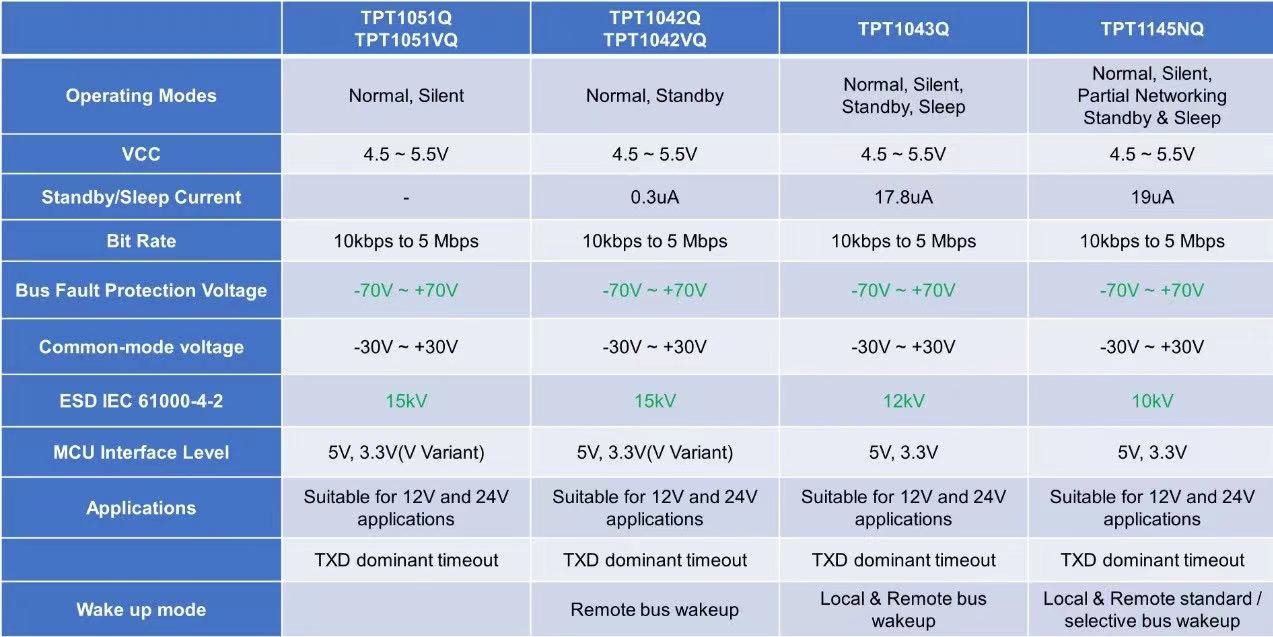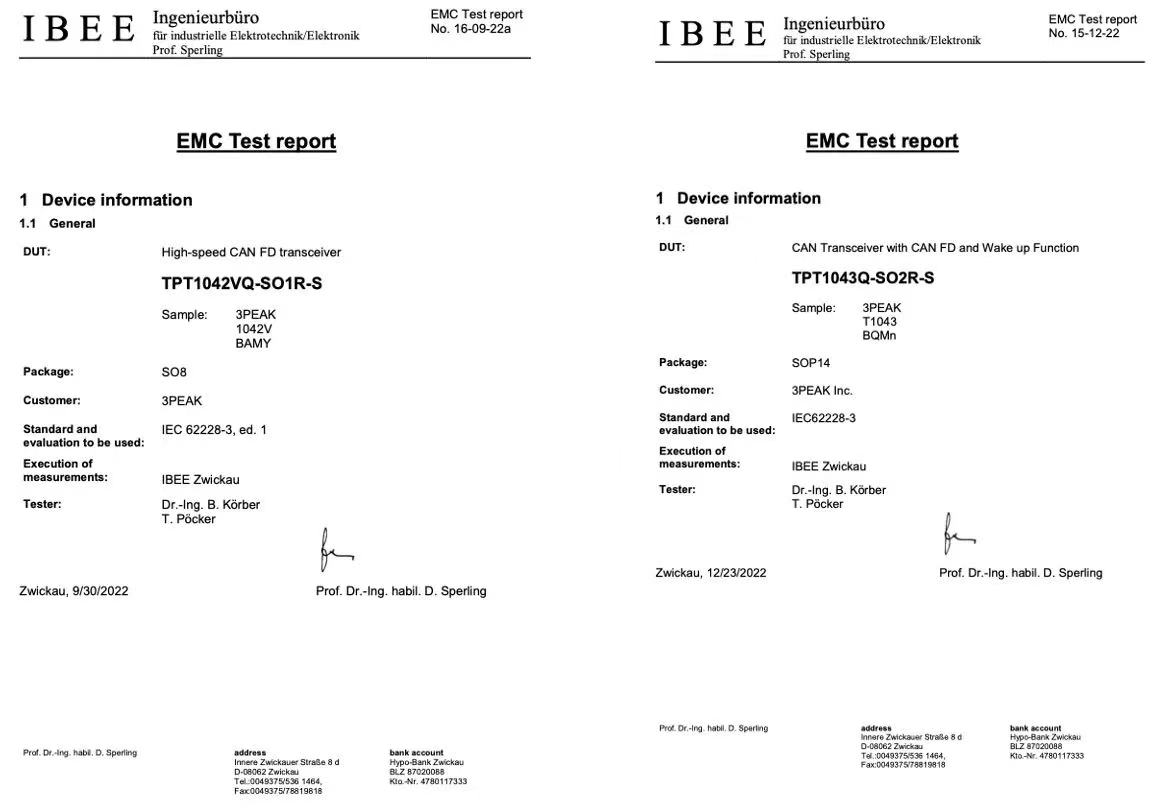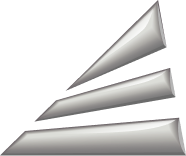3PEAK (stock code: 688536), a semiconductor company focusing on the development of high-performance analog chips and embedded processors, has recently unveiled a complete series of automotive CAN transceivers. The products, including TPT1051Q, TPT1042Q, TPT1043Q, and TPT1145Q, have been mass-produced and shipped.
• Compliant with the Standards ISO 11898-2:2016, SAE J2284-1, SAE J2284-2, SAE J2284-3, SAE J2284-4, and SAE J2284-5
• 5-V Power Supply and 2.8-V to 5.5-V Power Supply for I/O Ports
• Support for CAN FD, with the Highest Rate of 5 Mbps
• Bus Fault Protection Voltage: ±70 V in Common Mode and Differential Mode
• Operating Voltage in Common Mode: ±30 V
• IEC Contact Discharge Capability up to ±15 kV, Leading the World
• Low-power Modes:
• Silent mode
• Standby mode
• Sleep mode
• Device Fault Protections:
• TXD Dominant Time-out
• TXD Shorted to RXD Detection
• Bus Dominant Time-out
• Under-Voltage Lockout (UVLO)
• Over-Temperature Protection (OTP)
• Packages: SOP and DFN
• Conformance & Interoperability, EMC, and ESD Reports Issued by Germany Third-Party Organizations

Hot Sale of 3PEAK's Automotive CAN Products
TPT1145Q is the first and only mass-produced CAN transceiver in China that supports wake-up by specific frames. It can keep extremely low power consumption in both standby and sleep modes, and can also control the power system of the ECU module via the INH pin. As shown in the figure below, it wakes up the ECU module precisely only after receiving a wake-up command in a specific frame format, thus avoiding the extra power consumption caused by the frequent wake-up and sleep of the entire CAN. In this way, TPT1145Q becomes a powerful tool to control the power consumption of the ECU node. When applied to vehicles, it can prolong the battery life of new energy vehicles and reduce the carbon emissions of conventional vehicles.
TPT1051Q, TPT1042Q, TPT1043Q, and TPT1145Q have been mass-produced, with the following highlights:
Highlight 1: CAN transceivers, with bus protection voltage of ±70 V in common mode and differential mode, can meet the requirement of a 24-V battery system, leaving a wider design margin for 12-V battery platforms.
Highlight 2: CAN transceivers, with bus protection voltage of ±70 V in common mode and differential mode, can meet the requirement of a 24-V battery system, leaving a wider design margin for 12-V battery platforms.
Highlight 3: With excellent EME capability, the product passed the IBEE EME test and passed Class-III in CAN FD mode.
C&S Conformance & Interoperability Reports and IBEE EMC and ESD Reports Are Available for 3PEAK's Automotive CAN Products
The C&S conformance & interoperability report, and IBEE EMC and ESD reports are available for 3PEAK's complete series of automotive CAN products.
C&S Conformance & Interoperability Report
Currently, automotive companies design the vehicle CAN based on the vehicle architecture. Electronic components are connected to the corresponding CAN through the CAN transceivers. Since the electronic components may be provided by different tier-1 suppliers and the CAN transceiver brands may differ, high requirements are placed on the compatibility of CAN transceivers. A C&S conformance & interoperability report is available for 3PEAK's complete series of automotive CAN products. These products can communicate smoothly with other C&S-certified CAN transceivers.
IBEE EMC and ESD Report
IBEE EMC and ESD reports are available for 3PEAK's complete series of automotive CAN products, ensuring the components passed the EMC tests. The IEC 61000-4-2 capability of 3PEAK's complete series of automotive CAN products is above 10 kV, which holds a leading position. The products can significantly improve the reliability of the CAN bus of the components, and reduce the risk of CAN port damage due to ESD during production, assembly, and use.





